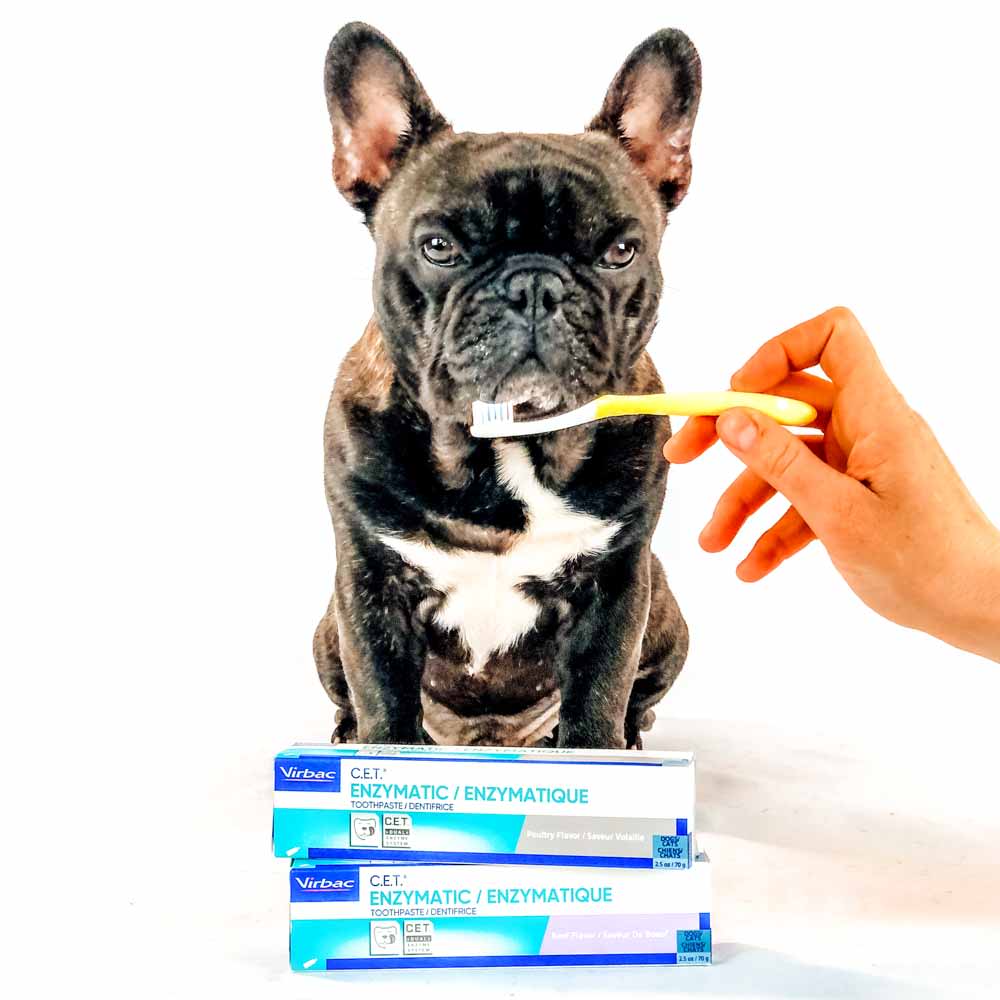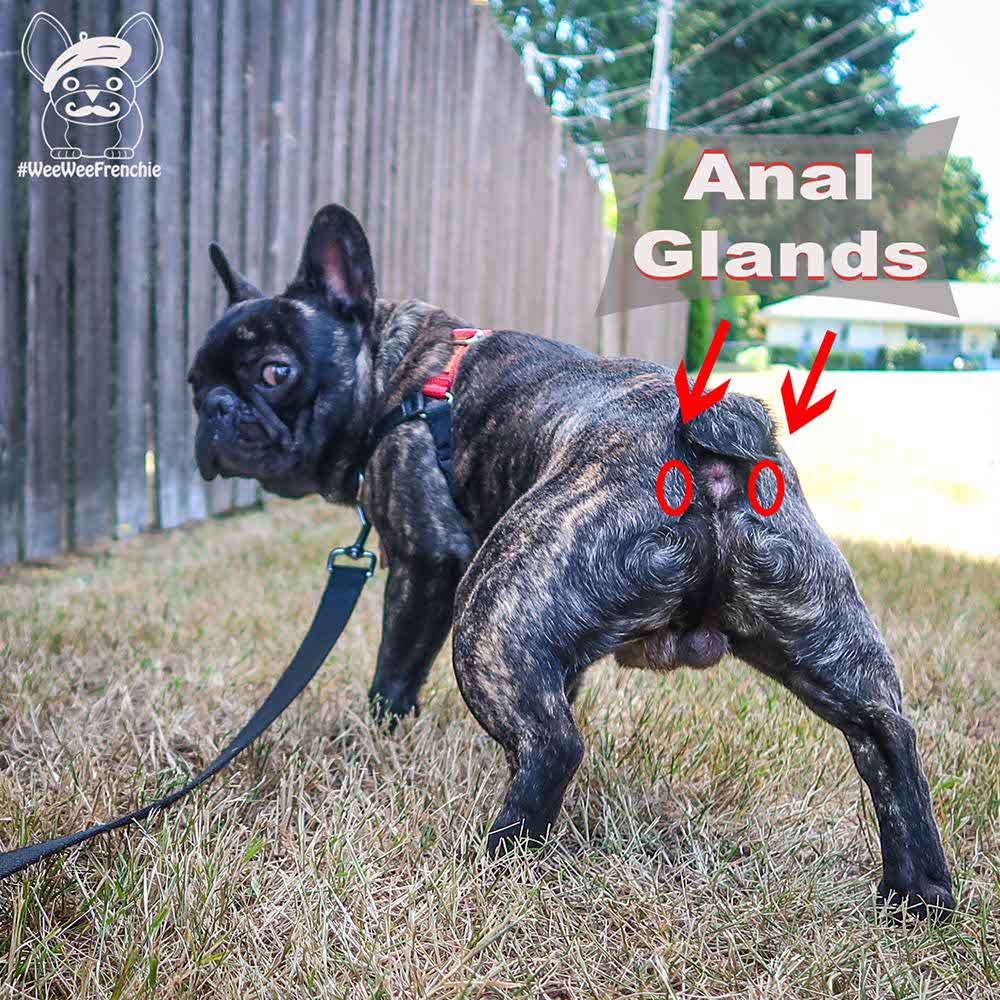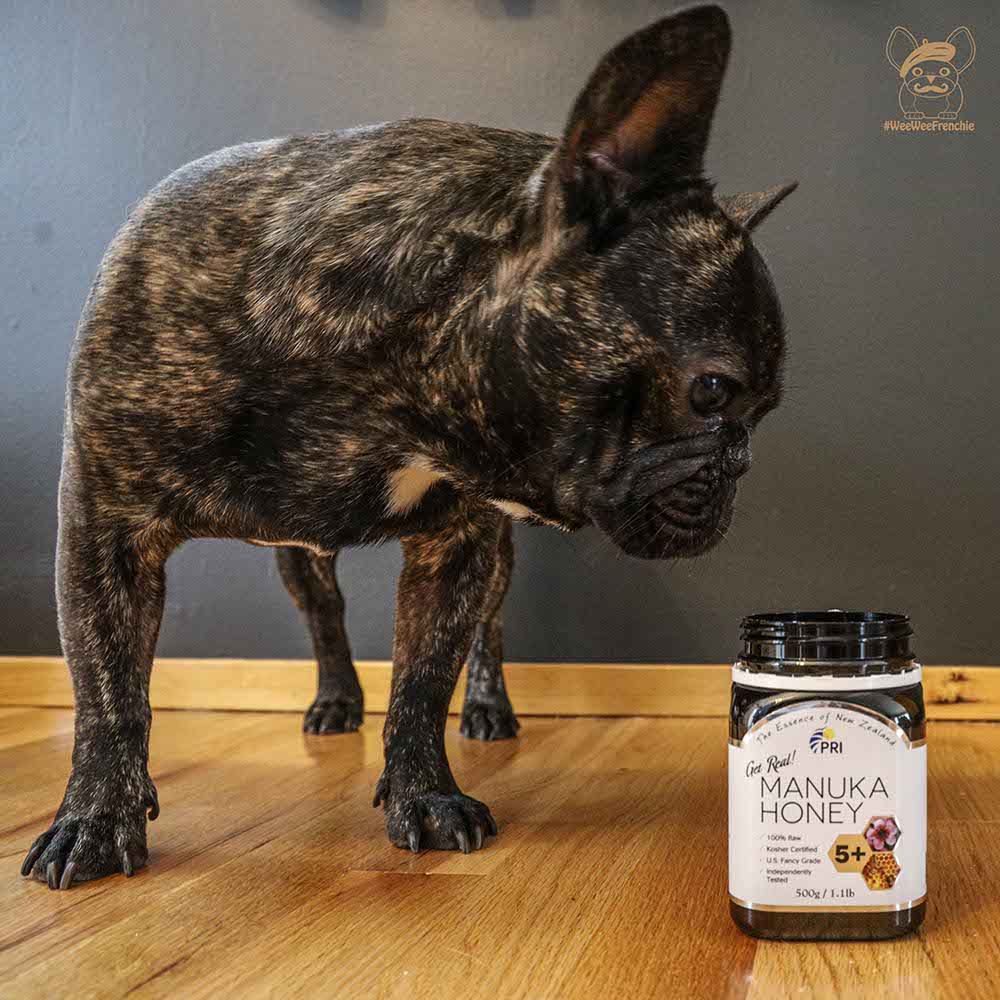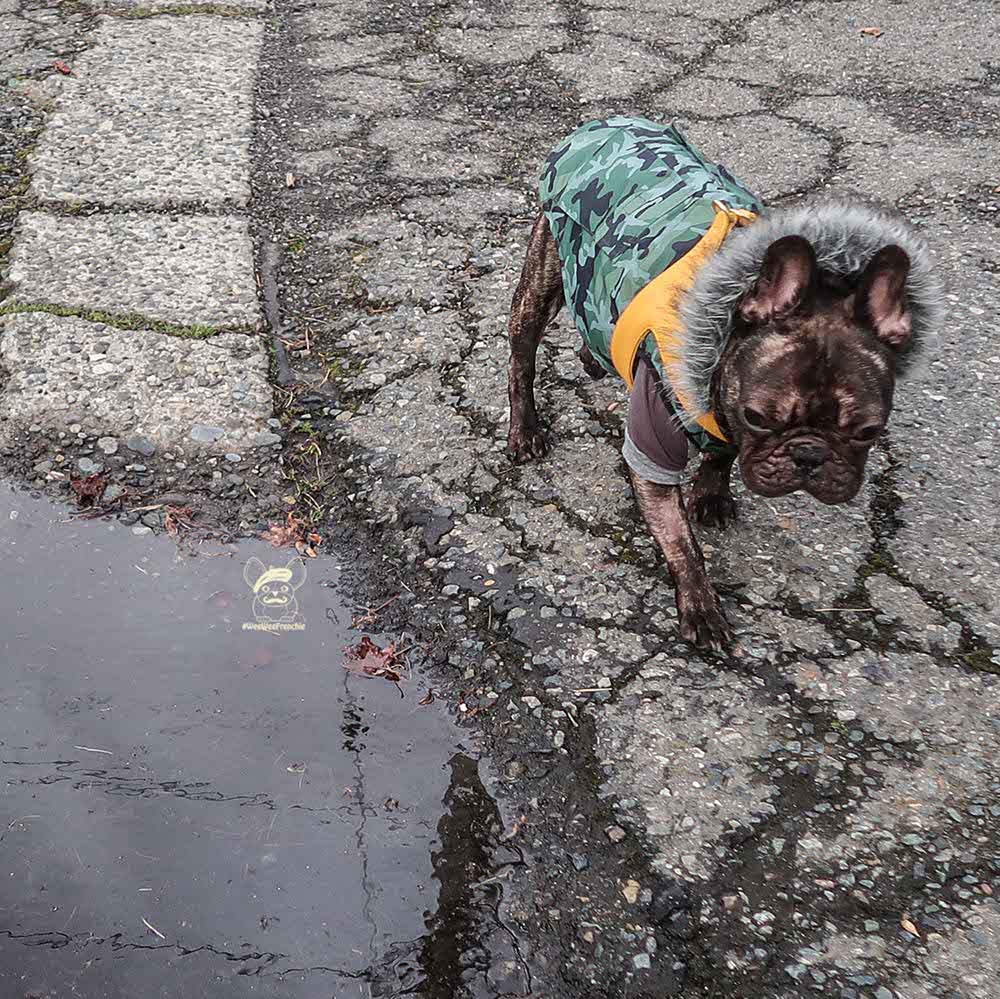How To Treat Painful Hot Spots
As the weather heats up, friction on paw pads or skin folds can cause hot spots. These skin irritations are uncomfortable, itchy, and painful. If left untreated, skin irritations can lead to other issues like bacterial infections. That’s why you need Vetericyn in your first aid kit.
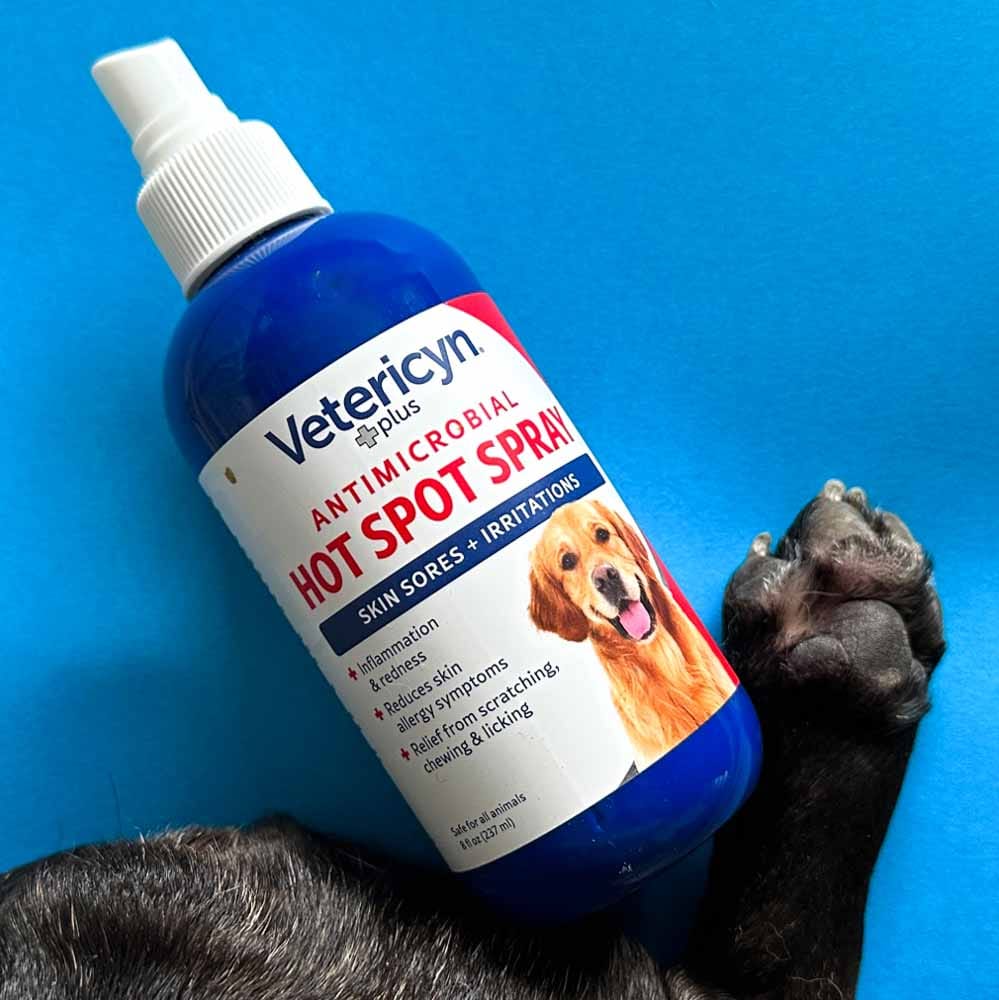
What is a hot spot?
If your pet itches or scratches repetitively in the same area, a hot spot can develop. Hot spots can take a long time to heal.
Symptoms of skin irritations in dogs include:
- Red, inflamed, or sore skin
- Itchy skin
- Hair loss
Skin irritations can be caused by several things like:
- Allergies (both food & environmental)
- Parasites
- Friction in paw pads or skin folds
- Fleabites
If your dog has a skin irritation, licking or biting the area can lead to yeast and bacterial infections. It’s important to regularly check your dog’s skin and treat irritations as soon as possible.
Vetericyn Plus ® Hot Spot Spray cleans and relieves itchy, irritated skin. By soothing the area, it will help to reduce your pet’s pain.
It’s a nontoxic, nonburning formula that's sprayed on skin irritations until healed. Spray as often as needed to provide relief for your pet.
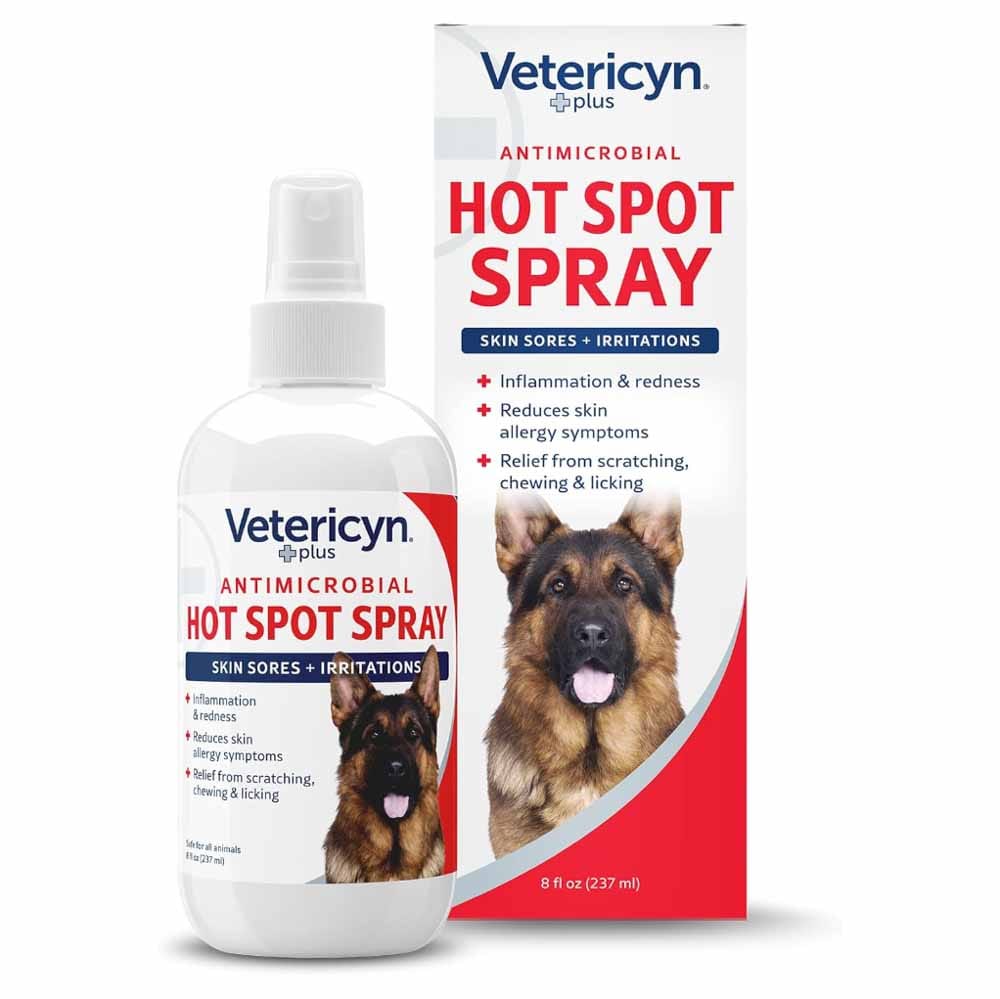
Why use Vetericyn
- Non-irritating formula that promotes healthy tissue growth
- Non-toxic and safe if licked or ingested
- Safe for all skin types
- No alcohol, steroids, or antibiotics
- Cannot over-use
How to use
- Move fur away from the wound area
- Spray Vetericyn to saturate affected area, making sure to flush away foreign debris
- If a dressing is needed, saturate dressing with Vetericyn spray
- Repeat 3-4 times daily
Faster healing is achieved when wounds are clean and moist.
Vetericyn Plus ® Hot Spot Spray is safe to use around the mouth, nose, ears, and eyes.
We’ve used Vetericyn Plus ® Hot Spot Spray for both cats and dogs. It has quickly healed painful hot spots. And we use it nightly on paw pads to prevent skin irritations before they occur.
But Vetericyn Plus ® Hot Spot Spray is not a replacement for regular skin checks.
Develop a routine of nightly or weekly skin checks. Look for signs of skin irritations and treat as soon as discovered. See the veterinarian for any irritation that isn’t healing, inflamed, or oozing.
Subscribe to our weekly blog by submitting your information in the box below.

